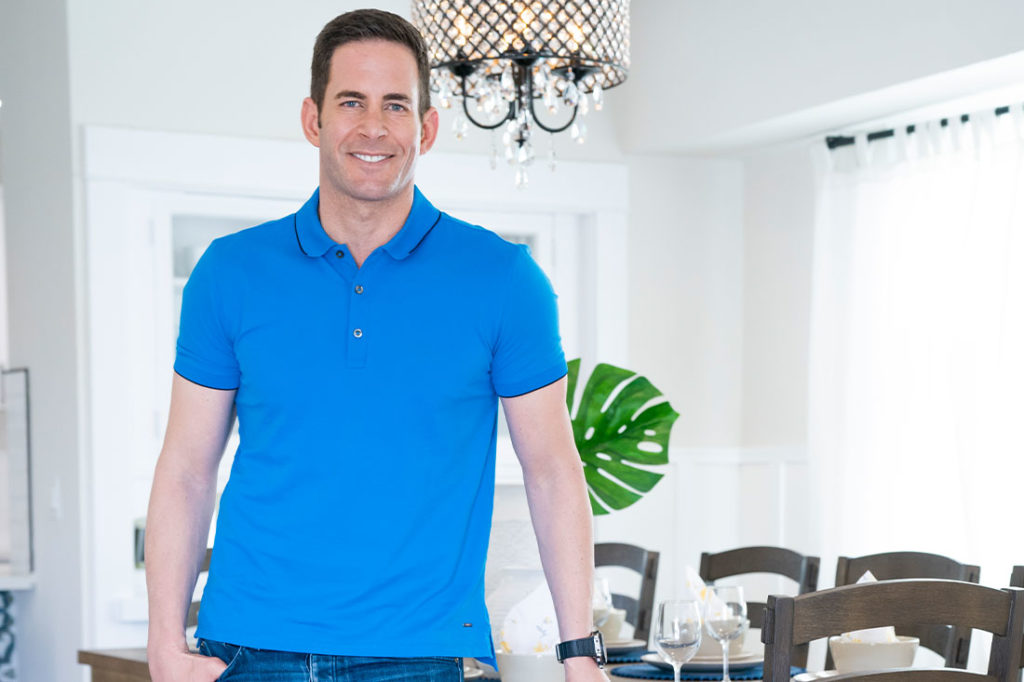We’re experiencing one of the hottest real estate markets ever right now due to an economical paradigm shift. Inventory is low, but there are always opportunities around: the house in your neighborhood that was flood damaged, the neighbor next door relocating for a new job, or a family member selling their house to take advantage of the timing.
House-flipping is the business of buying houses that could use light touch-ups, heavy fixing or some TLC, and then selling them for profit. You don’t need a real-estate license to flip houses professionally, but most successful flippers do anyway because it helps with understanding the regulations in your state, and you make higher margins being your own agent by eliminating the commission fees.
The business model revolves around making the right purchase financially, putting in enough money to fix the property, and selling it for a return that makes it worth your time and money. One of the most common mistakes new investors make is underestimating the resources a project is going to require. So even though they make it look easy on TV, the reality is this business requires knowledge and planning to succeed.
We talked to arguably the best house-flipper out there—Tarek El Moussa, star of HGTV’s long-running series Flip or Flop—for his advice.
What is the difference between frugal and cheap house-flippers?
El Moussa: I think all investors should be a little frugal. Frugal is putting in work to save money, but not by cutting corners. A frugal flipper is someone that spends a lot of time shopping and negotiating deals, and getting discounts. They’re typically educated, or at least experienced, and they’re definitely professional.
Cheap house-flippers, however, cut corners by painting over old wallpaper unprofessionally, attempting to do everything they can to save money. They hire unlicensed or illegal workers who don’t know what they’re doing, like not laying tile and flooring right while actually ruining the house—often without the right permits. They’re typically not educated, not experienced, don’t act professionally, and the type of people who don’t last long in this business.
What do you look at first when you are deciding if a property is a flip or a flop?

El Moussa: The first thing I look at is the numbers. I’ll run the comparables on the property and find the ARV, which is the after repair value. Then I’ll find my MAO, which is the maximum allowable offer. But there are certain things I always look out for: slope flooring; foundation issues, which can be really expensive; and cracks in inner and exterior walls, or structural issues, which can get very expensive.
That said, remember, just because a house is a fixer or a piece of junk doesn’t make it a good deal. You have to look at the numbers. In the end, it’s all about the math. I’ve seen estates that look like they’re in great shape with perfect foundations, but I can’t make money on them, so that’s not a good deal. You can also walk into the ugliest dump you’ve ever seen, “steal” the house, rebuild it, and make $1 million. I’ve seen a house with a terrible floor plan and ugly exterior architecture that was still a good deal, which turned out to be a home run flip. I’ve seen a property that was sinking into the ground with a foundation that was cracked in half, but the math still made it possible to buy and make a decent profit.
What is your advice for someone who wants to flip houses properly by putting money in and making a profit?
El Moussa: To help increase your margins, I tell flippers to focus on five things:
1. Landscaping
The second you start working on a flip, the first thing you should do is put down seed and fertilizer, so while you’re remodeling the house, which can take two to four months, the grass has time to grow. That’s a great way to cut a corner without spending a fortune on putting in sod.
2. Bathrooms
A lot of times, you can really change the look of the bathroom. The most expensive part about remodeling a bathroom is the shower tile, so if the existing shower tiles are decent, maybe you can keep or reglaze them. Then it’s simple and very inexpensive to just put a nice pattern on the flooring. So instead of doing a full bathroom remodel, leave the shower—that’s the most expensive part—and do a really nice flooring, vanity and countertop.
3. Materials
You have to do your homework on finding great materials. I see a lot of investors stroll the materials store and just pick the cheapest, ugliest stuff. That’s not OK. Even though you’re buying cheap material, it still needs to have a high-end design. Investors need to take the time and give potential buyers a high-end look. They can’t just put in junk.
4. Backyards
If I have a busted-up patio or concrete and I don’t want to spend thousands of dollars fixing it up, I’ll just build a wooden deck right on top of the existing concrete. It’s a lot less expensive. You cover up ugly concrete by building a deck and you’re done. I like this trick.
5. Closet Furnace
If you look at most bathrooms in older houses, they’re typically connected to a hall closet, and in that hall closet, you’ll find a coat closet, which is where the furnaces are. What I like to do is expand the bathroom by going into that closet and relocating the furnace somewhere else. That way, you can create a much larger bathroom, which really improves the value of the property.
What is your advice for brand new flippers?
El Moussa: A couple things: First, get educated so you know what you’re doing. You have to invest in yourself before you invest in a house. Next, your primary focus should be lead generation. You need to become an expert at outbound prospecting and marketing.
For newbie flippers, I feel that education is the most important thing, because when I got into real estate, education was what got me from zero to 100. I needed to learn what to do. That’s why I created my online company, HomeSchooled by Tarek El Moussa, where we teach people how to become real estate investors and better flippers.
What about for experienced frugal flippers?
El Moussa: I have a veteran student at HomeSchooled making over 60 deals a year. He’s the salesperson, project manager and real estate agent. He works like crazy. And that’s why there’s no way he’ll ever be able to grow his business. At a certain point, you have to stop working in your business and start working on your business. That’s my advice for experienced flippers. Today I work on my business.
If someone wants to grow, they need acquisitions. They need to delegate, scale, hire leaders and managers. They need marketing. They have to build a company. There comes a point in everyone’s career, if they’re good at what they do, where they go from being a house-flipper to a business owner. I don’t manage projects anymore—I manage people, and those people manage projects.
The most valuable thing I learned over the last few years is, you are only as good as the people you hire. If you have a toxic employee in your building, it spreads to other people. Firing almost everybody that worked for me two years ago was the best decision of my life because I brought in new, more capable talent. You need hungry, positive and motivated people.
I didn’t start out being very good at hiring people. That’s something that I learned to accept and I also learned to overcome it. I hired executive recruiters. I hired people that were really good at hiring other people, and that’s how I found great talent.
* * *
Now that you have a better understanding of what frugal house-flipping is all about and you’re armed with advice from an industry expert, you can be confident that your next buy is a flip and not a flop. Good luck!
This article originally appeared in the November/December 2021 Issue of SUCCESS magazine. Photo Credit: © Erik Voake/Getty Images; and HGTV Flipping 101 with Tarek El Moussa.






